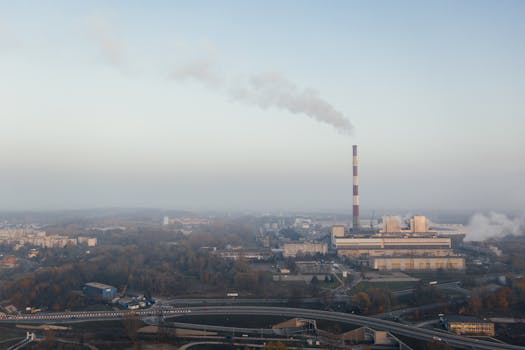
The Impact of Climate Change on Global Ecosystems
Climate Change: A Growing Concern
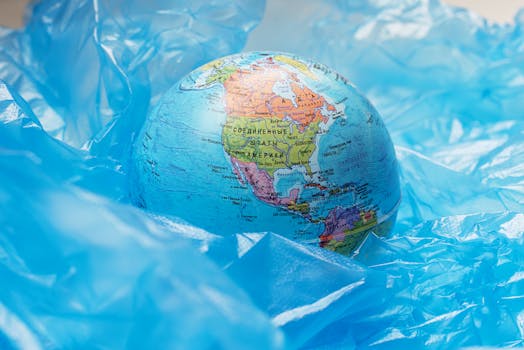
Climate change is one of the most pressing issues of our time, with far-reaching consequences for our planet and its inhabitants. The impact of climate change on global ecosystems is a topic of great concern, as it affects not only the environment but also human health, economies, and societies as a whole. Rising temperatures, more frequent natural disasters, and altered ecosystems are just a few of the many effects of climate change that we are witnessing today.
Effects of Climate Change on Ecosystems
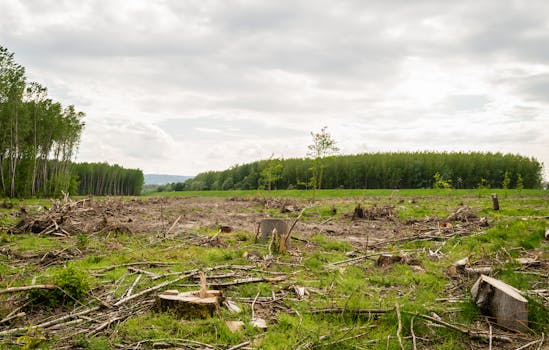
Climate change is altering ecosystems in many ways, including:
- Rising sea levels and coastal erosion, leading to the loss of habitats and biodiversity
- Changes in precipitation patterns, resulting in droughts and floods that disrupt food chains and ecosystems
- Increased frequency and severity of heatwaves, wildfires, and other extreme weather events
- Shifts in the distribution and behavior of plants and animals, leading to changes in species interactions and ecosystem processes
These changes can have cascading effects on ecosystems, leading to the loss of ecosystem services, such as clean water, air, and soil, as well as the degradation of natural habitats and the extinction of species.
Consequences for Human Health and Economies
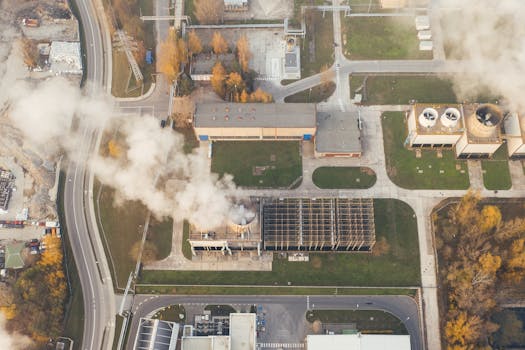
The impact of climate change on global ecosystems also has significant consequences for human health and economies. For example:
- Warmer temperatures and altered ecosystems can increase the spread of disease and heat stress, particularly for vulnerable populations such as the elderly and young children
- Changes in precipitation patterns and increased frequency of extreme weather events can lead to food and water shortages, as well as damage to infrastructure and property
- The loss of ecosystem services and natural habitats can also have significant economic impacts, including the loss of tourism and recreation opportunities, as well as the degradation of fisheries and other natural resources
What Can We Do to Mitigate the Effects of Climate Change?
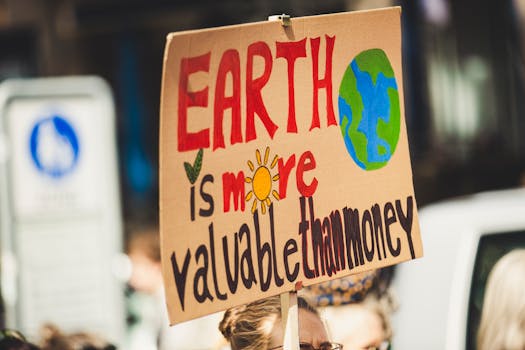
While the challenges posed by climate change are significant, there are many things that we can do to mitigate its effects and protect global ecosystems. Some strategies include:
- Reducing greenhouse gas emissions through the use of renewable energy sources, increased energy efficiency, and electrification of transportation
- Protecting and restoring natural habitats, such as forests, wetlands, and oceans, which can help to sequester carbon and support biodiversity
- Implementing sustainable land-use practices, such as agroforestry and permaculture, which can help to promote ecosystem services and reduce land degradation
- Supporting climate-resilient agriculture and water management practices, which can help to reduce the impacts of climate change on food and water security
Conclusion
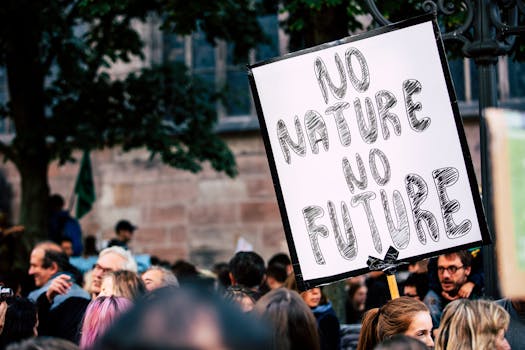
In conclusion, the impact of climate change on global ecosystems is a pressing issue that requires immediate attention and action. By understanding the effects of climate change and taking steps to mitigate them, we can help to protect the health and resilience of ecosystems, as well as the well-being of human populations. It is essential that we work together to address this global challenge and create a more sustainable and equitable future for all.




